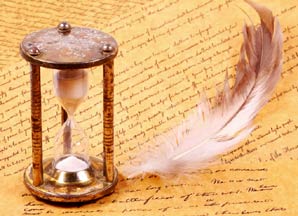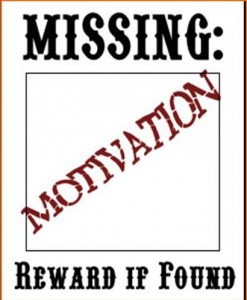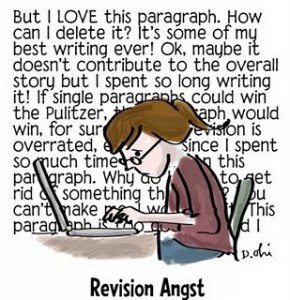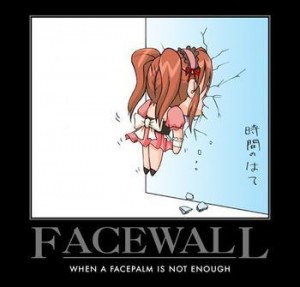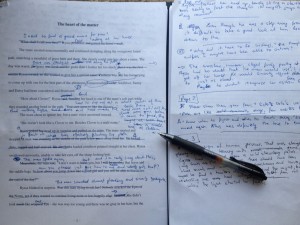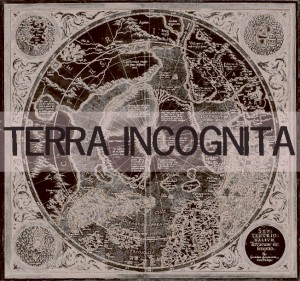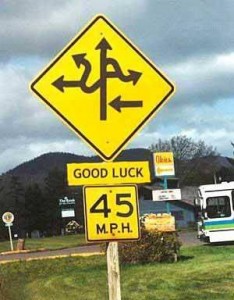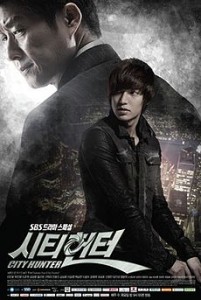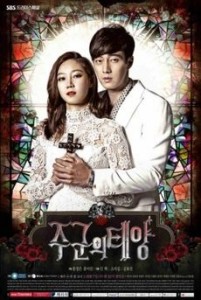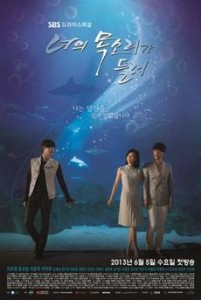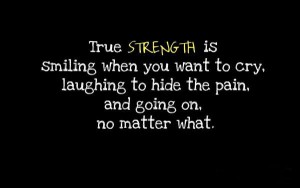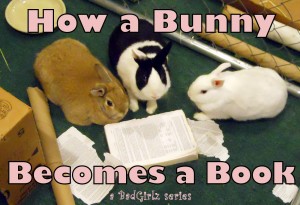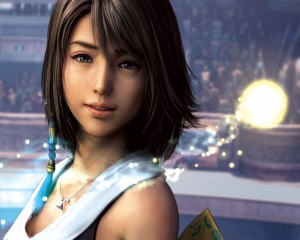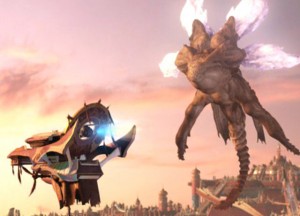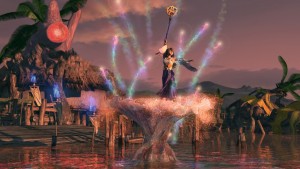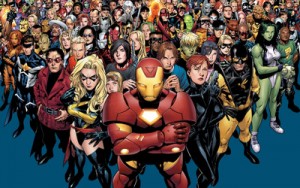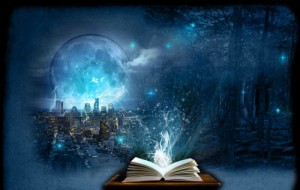
Humanity loves good stories. If we didn’t, there wouldn’t be so many books published, movies filmed and TV series renewed long past the date they stopped being relevant. We love forgetting about our everyday life and losing ourselves in the problems of fictional characters for a few hours. Sometimes we just need a distraction, but sometimes seeing these characters grow and overcome their troubles helps us face ours. That’s why stories are so important.
I receive a lot of review requests from self-published authors, so I have been reading a lot of new books lately. And I have noticed a worrying tendency – a lot of books tell a story, yes, but forget that a story is first and foremost about character growth. In the past 2 weeks alone I had started and dropped about 7 books because there was no character progression. They were well written and well-edited. Things were happening, the story was moving, but the main characters remained absolutely the same. It felt like nothing affected them at all. Unfortunately, that is the best way to lose my interest and make me put the book down.
I don’t know about you, but to me, all stories are primary about character growth, no matter the genre in which they are written. Even in mystery novels, the detective investigating a story is irrevocably changed by what he finds at the end of the book. The hero who sets off to rescue the princess / save his kingdom / just go on an adventure comes back older and (hopefully) wiser than he was at the beginning of the book.
Harry Potter starts book 1 as a naive twelve years old boy who is ignorant about the wizarding world and the role he played and still has to play in it. By the end of book 7, he is a radically different person: he has grown, not only physically, but also mentally. He has suffered great losses and found love and friendship along the way. He has matured and discovered what his priorities are and what he is willing to sacrifice for the people he loves. That’s why his choice to go to Voldemort and basically let him kill him to destroy the last horcrux is so significant. It shows that character growth.
The story doesn’t have to be as dramatic as that though. I have finished watching an excellent Korean drama called Queen of Reversals, and it’s all about everyday life. There are no life or death situations, no care chases or serial killers, but the story still pulls you in and keeps you wanting more, making you watch episode after episode. Why? Because it’s all about character growth. The story itself is simple and easy to relate to. A successful woman falls in love and marries after a whirlwind courtship. She gets pregnant and becomes stay at home mom while her husband struggles to earn a living. Unfortunately, he is nowhere as smart and successful as his wife has been, which puts a strain on their marriage, so she is forced to go back to work after 5 years, starting basically at the bottom of the ladder again. The whole story is about her struggle to go back to the top of that ladder again and to regain her self-confidence. A lot of things happen along the way, like her marriage failing and ending in a messy divorce coupled with problems at work that she has to overcome. Nothing earth-shattering. Just everyday stuff that all of us face in our lives as well.
It’s basically a story about someone who loses everything and sees her life crumble in front of her eyes and has the strength to pull herself back up and fight for her success and happiness. Someone who gets betrayed by the person she loved, but still finds the courage to love and trust again. That’s why we can relate so well, that’s why we root for the heroine and cry and laugh with her until the end of the series.
That’s the point of the story, to make the characters change and evolve. If they don’t, then “Houston, we have a problem.” And I have noticed that a lot of first-time writers tend to overlook that character growth for some reason. They throw everything into the story. They add mystery after mystery, twist after twist. They up the stakes, throw dragons, armies and the next apocalypse at their protagonist, but forget that everything that happens MUST change that protagonist somehow, even if it’s in small ways.
If the heroine never learns from her mistakes and is just as loud, obnoxious and clueless at the end of the book as she was at the beginning – I’m sorry, she is not someone I can be bothered with. I want to read about fleshed out people, not cheap video game characters who never evolve, but just level up and get better gear.
A good story is about characters. It’s about their journey and their trials. About how they grow and learn. About how they become a better person in the end… or turn into a monster. Doesn’t matter which way they go, as long as they evolve. Give me a good character arc with a satisfying ending, and I will be happy. But no amount of car chases and explosions will keep my interest if your world is populated with cardboard cutouts frozen in space and time.
That’s why when I start working on a story, I don’t think “what’s this story about?” I think “What do I want my characters to learn with this story? How do I want them to evolve?” I find it that the story just sort of comes to you once you determine your character’s arc.


